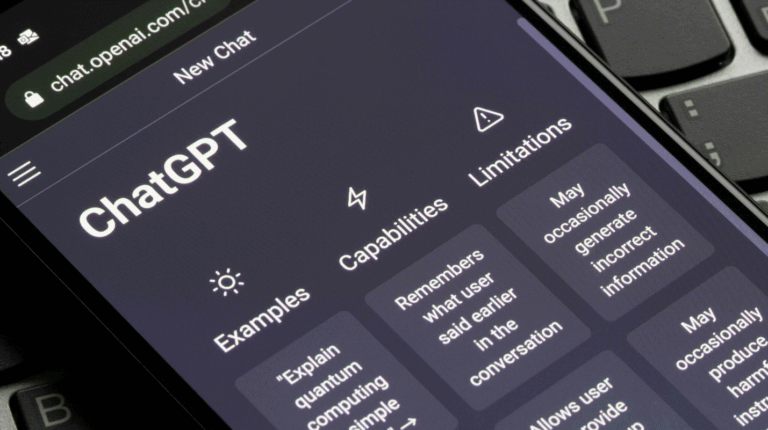Sophos, a leading provider of cybersecurity services, has released a new report on the potential of GPT-3, the language model that powers ChatGPT, as an ally in the fight against cyberattacks. The report, titled “Applying AI Language Processing to Cyber Defenses”, details three projects developed by Sophos X-Ops that use GPT-3’s large language models to help identify malicious activity, filter spam and analyze “living off the land” binary (LOLBin) attacks.
The Sophos X-Ops researchers, including SophosAI Principal Data Scientist Younghoo Lee, have been working on these projects that demonstrate how GPT-3 can assist cybersecurity defenders. The projects all use a technique called “few-shot learning” to train the AI model with just a few data samples, which reduces the need to collect large volumes of pre-classified data.
READ ALSO:
CyberArrow and Mobily Partner to Enhance Cybersecurity Compliance and Awareness in Saudi Arabia
Acronis teams up with Intel to enhance cyber protection against file-less attacks
BENEFIT FinTech Award Series Video Competition Successfully Concludes in Bahrain
One of the projects that Sophos tested was a natural language query interface to sift through malicious activity in security software telemetry. Defenders can filter through the telemetry with basic English commands, removing the need for defenders to understand SQL or a database’s underlying structure. Another project was a new spam filter that used GPT-3 and was significantly more accurate than other machine learning models for spam filtering. Finally, Sophos researchers were able to create a program that simplifies the process of reverse-engineering the command lines of LOLBins, which is critical for understanding their behavior and stopping those types of attacks in the future.




